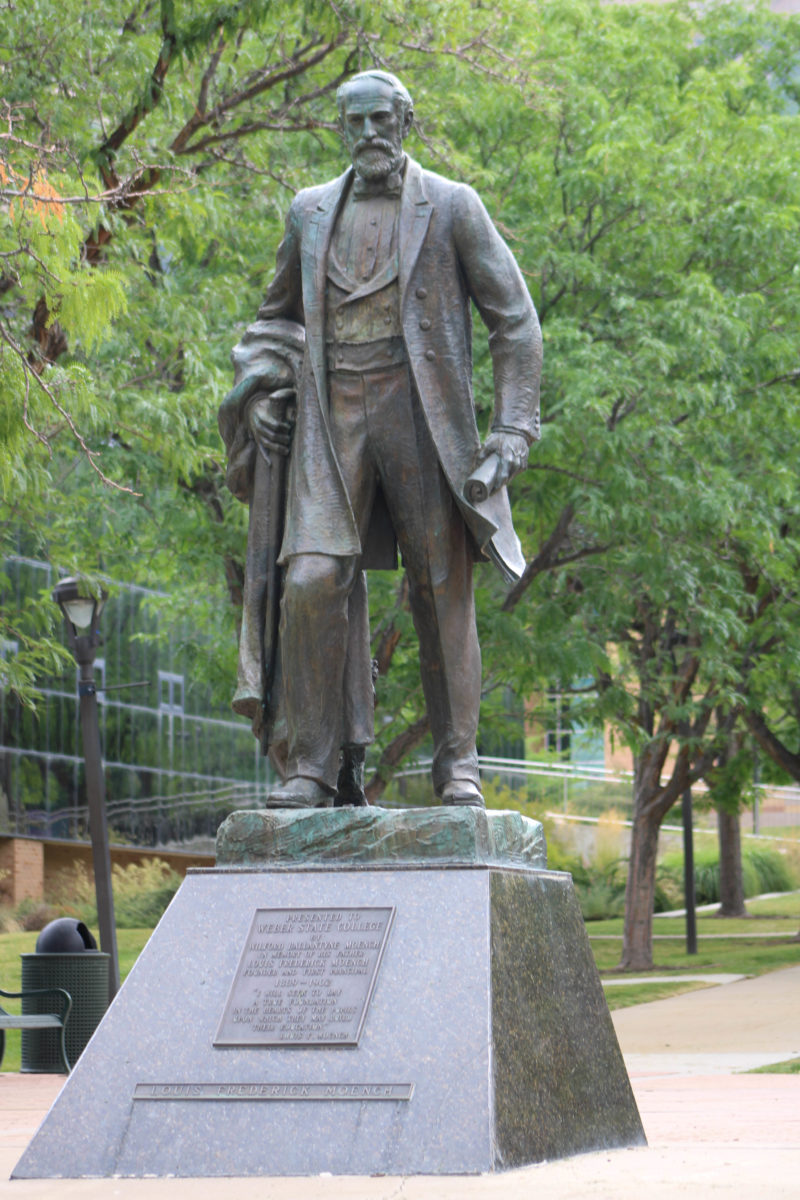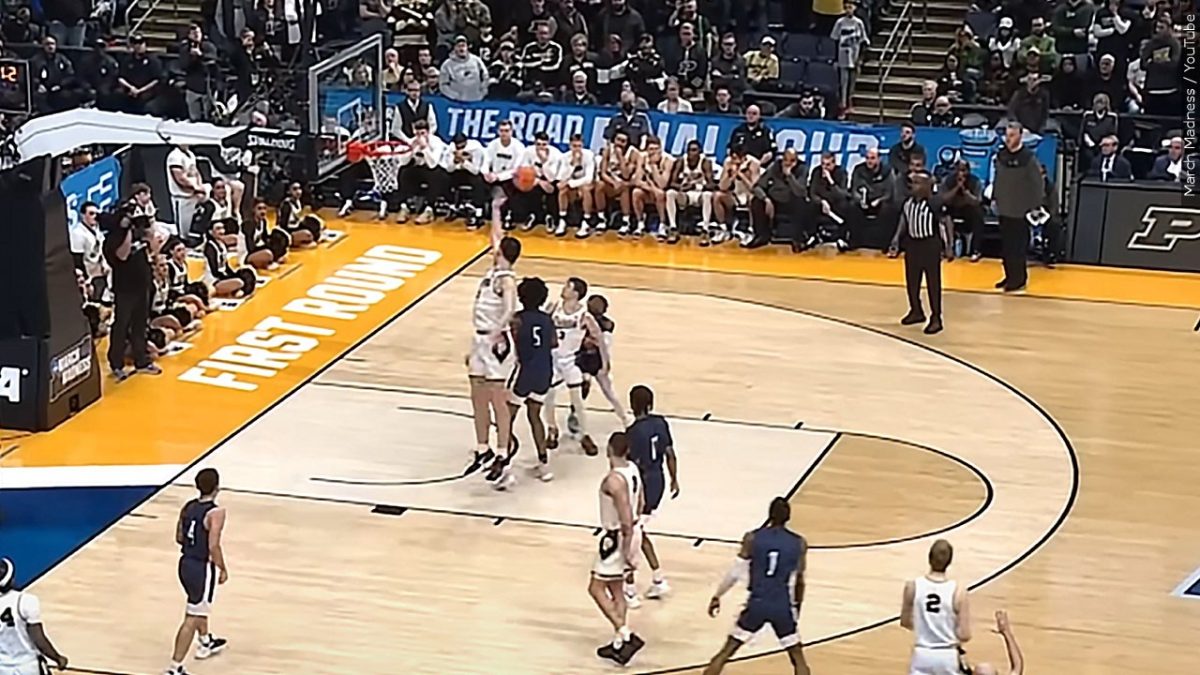
Podcasting has become such a dominant part of our culture that it’s hard to remember a time when we listened to anything else. In the presence of so many entertainment options, radio has become an underrated medium that’s more deserving of attention. Americans have been contented by the hyper-stimulating entertainment of modern films, television and video games.
As our selection becomes increasingly plentiful, we lose sight of things that still have a considerable amount of entertainment value. One of the biggest casualties of this paradigm shift is radio.
Additional options exist outside of regular radio for people who want this kind of entertainment. Instead of radio, they rely on streaming services, satellite radio or YouTube.
There’s nothing wrong with utilizing any of these options as they provide users with a larger selection of high-quality materials without requiring them to expend much effort.
Creative people who once would pursue a career in radio have many different options that provide them with a lot more freedom. The ways people distribute their programs allow for them to reach larger potential audiences.
The biggest issue that the rise of internet media creates is the diminishing importance of the radio we once knew. No longer can radio professionals speak freely over the airwaves without fear of fines or other consequences. They have to create a program that’s both entertaining, digestible and acceptable to a universal audience.
At the same time, we have to consider the audience that’s unable to access the internet or use streaming services. They need a solid form of entertainment when they tune in. As talented professionals ditch traditional radio in favor of other options, a talent vacuum is created.
In the presence of a talent vacuum, the listening audience is forced to cooperate while being subjected to on-air talent who can’t carry the weight of hosting their own show. The pool of talent in radio is diluted and runs out pretty quickly after a pretty short list of names. There isn’t much competition to fill in for the people who are leaving.
University radio programs exist for the sole purpose of providing students who are interested in radio with the training ground they need to become more comfortable on the air and learn the fundamentals. The demand for these programs is diminishing, which will inevitably lead to their obsolescence in the future.
Students operate under the assumption that they can succeed in this field without needing any sort of degree. Their might be some truth to this. However, there’s nothing wrong with attending communication classes to learn the basics. After a great deal of practice, students will have what they need to become skilled broadcasters.
Creativity is at its zenith in the digital age, which has allowed countless individuals to present their best material to larger audiences than ever before. There are people that say the dominance of internet media has changed the definition of radio altogether. They’re right. But there’s no reason that this change has to be anything other than positive.
Dealing with a medium that places all the emphasis on the host’s voice requires quite a bit more creativity than media that are more visual. A radio professional that’s able to entertain or captivate should be given more credit than their video-dependent counterparts.
The Federal Communications Commission needs to relax their restrictions on all forms of broadcast media. These rules were put in place in a time when society was more conservative. Public airwaves are being wasted on material that would fall flat elsewhere. Rather than complaining about this problem, the powers that be need to exert their influence to fix it. If they don’t, they have no one to blame but themselves if radio ever becomes extinct.














